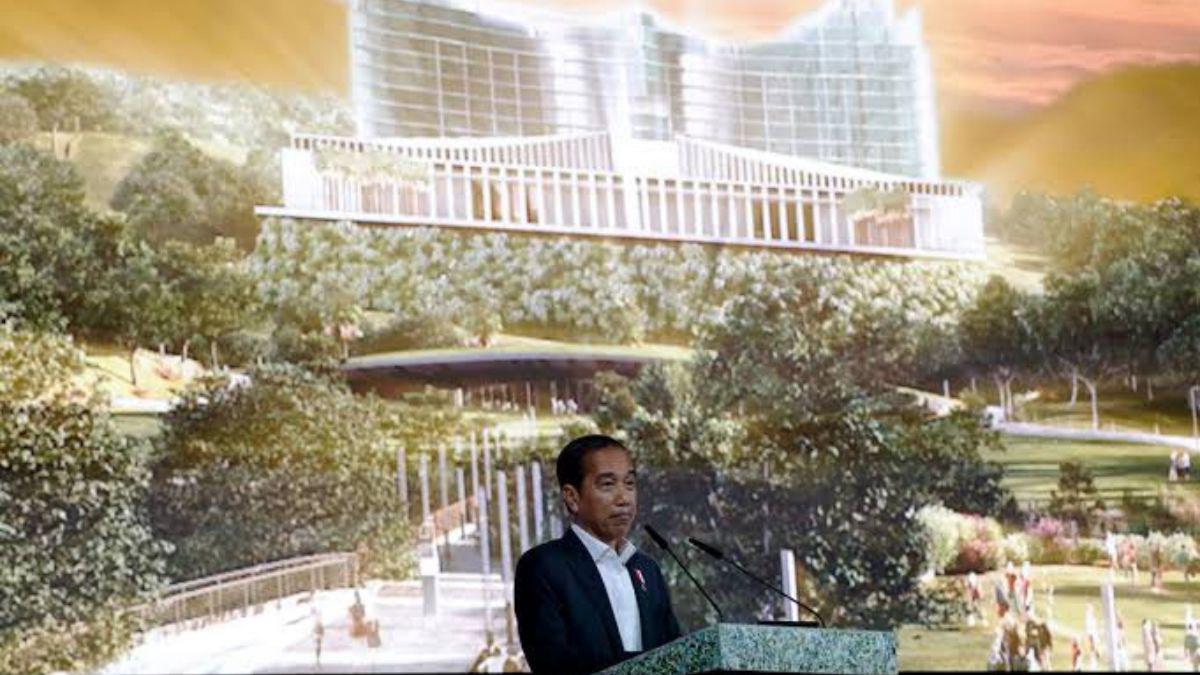The Nahdlatul Ulama (NU), one of Indonesia’s largest Islamic organizations, has unveiled ambitious plans to acquire land and invest in the country’s future capital, Nusantara. This strategic move aligns with the government’s vision of transitioning the nation’s administrative center from Jakarta to the newly designated capital on the island of Borneo.
NU’s leadership, including key figures such as Chairman Yahya Cholil Staquf, has emphasized the organization’s commitment to contributing to the development of Nusantara. The acquisition of land and subsequent investments are part of a broader initiative to support the economic and infrastructural growth of the new capital, which is slated to become the hub of Indonesia’s administrative and economic activities in the coming decades.
The decision to invest in Nusantara reflects NU’s strategic positioning and its role in shaping the future of Indonesia. With the new capital expected to relieve Jakarta’s congestion and environmental strain, NU’s involvement underscores a significant contribution to the national project that aims to foster balanced regional development and enhance the country’s overall infrastructure.
As part of its plan, NU intends to engage in various sectors, including real estate, education, and social development projects, to ensure that Nusantara becomes a vibrant and sustainable metropolis. This initiative also aligns with President Joko Widodo’s vision of a more equitable distribution of economic opportunities across Indonesia, addressing long-standing disparities between the capital and other regions.
The development of Nusantara is poised to be a transformative project for Indonesia, with significant implications for national growth and regional equity. NU’s investment strategy not only reflects its commitment to the nation’s future but also highlights its role in supporting the government’s ambitious relocation and development goals.
This proactive approach by NU is expected to attract further investment from both domestic and international entities, catalyzing a wave of economic activity in Nusantara and contributing to the realization of Indonesia’s long-term development objectives.

